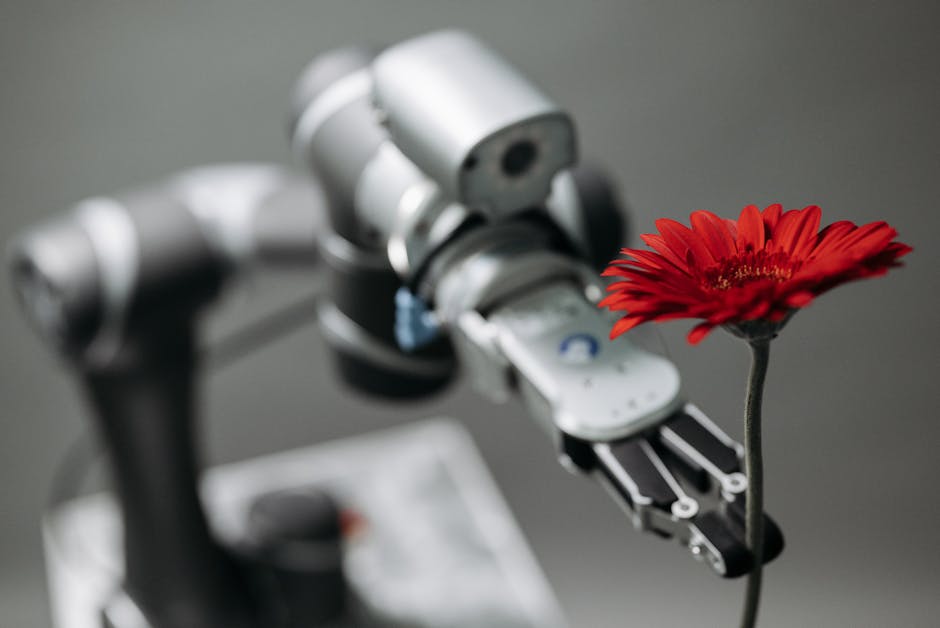The Evolution of Retail: Harnessing AI and Technology to Redefine Commerce

The Evolution of Retail: Harnessing AI and Technology to Redefine Commerce
The past decade has witnessed the retail sector undergoing a seismic shift, propelled by advanced technological integrations and changing consumer expectations. From static brick-and-mortar setups to dynamic, digitally-driven environments, retail's transformation is a vibrant narrative of adaptation and innovation. This article delves into how artificial intelligence (AI), data analytics, and digital strategies are reshaping the industry landscape, emphasizing the importance of these factors in the sector's future competitiveness.
Disruptive Technologies and Market Adaptations
AI-Driven Operational Excellence: Retailers are incorporating AI to streamline operations, enhance customer service, and optimize supply chains. A notable example includes a leading European supermarket chain that saw a 28% reduction in procurement times by deploying AI for inventory and demand forecasting, as highlighted by industry insights from Orquest.
Digital and Omnichannel Strategies: The integration of digital platforms with traditional retail outlets has created a unified commerce approach. This method not only increases outreach but also improves customer satisfaction, leading to a more cohesive shopping experience.
Innovations Transforming Consumer Interactions
Data-Driven Customer Engagement: Utilizing big data and analytics, retailers are now able to offer personalized shopping experiences. Tools like sophisticated CRM systems help in creating targeted marketing strategies that resonate with individual consumer preferences, effectively reducing customer churn and boosting loyalty.
Enhanced Online-Offline Integration: With advancements in technology, retailers are blurring the lines between online and physical stores, offering features like click-and-collect, virtual try-ons, and real-time inventory checks. This seamless integration caters to the convenience and flexibility demands of modern consumers.
Comparative Analysis: Traditional vs. Technological Retail
Traditional retail models heavily relied on physical store formats and mass marketing strategies. In contrast, modern retail is characterized by its agility, reliance on data, and consumer-centric approaches. The shift towards technological integration has not only improved operational efficiencies but also redefined how customer value and satisfaction are delivered.
"The future of retail lies in its ability to adapt and innovate continuously, leveraging technology not just for enhancement, but as a fundamental driver of business operations."
Strategic Imperatives for Future Retail
Looking ahead, the trajectory for retail will increasingly be dictated by how well businesses embed AI and digital tools into their core practices. Retailers like those highlighted by the National Retail Federation suggest that future industry leaders will be those who can utilize technology to its full potential to predict consumer behavior, optimize operations and create personalized marketing campaigns. Focusing on technological adaptability and advanced analytics will therefore be crucial for staying competitive in this dynamic market landscape.
Embracing the Digital Transformation
As the retail landscape continues to evolve, embracing digital transformation is no longer optional. It has become a strategic imperative that determines market leadership and sustainability.
Navigating Through Market Shifts
To stay ahead, retailers must not only adopt new technologies but also anticipate and react to market shifts proactively. This means investing in AI and data analytics tools that can offer insights into consumer behavior and market trends, thus enabling better decision-making and strategic planning.
Conclusion: Paving the Way for a Technologically Driven Retail Era
As we usher in a future dominated by AI and digital innovations, the retail sector's success will hinge on its ability to seamlessly integrate these technologies into all facets of its operations. The transformative power of AI and digital tools is evident, serving not just as enhancers of existing processes but as critical enablers of new business models and strategies that will define the retail industry's new era.
